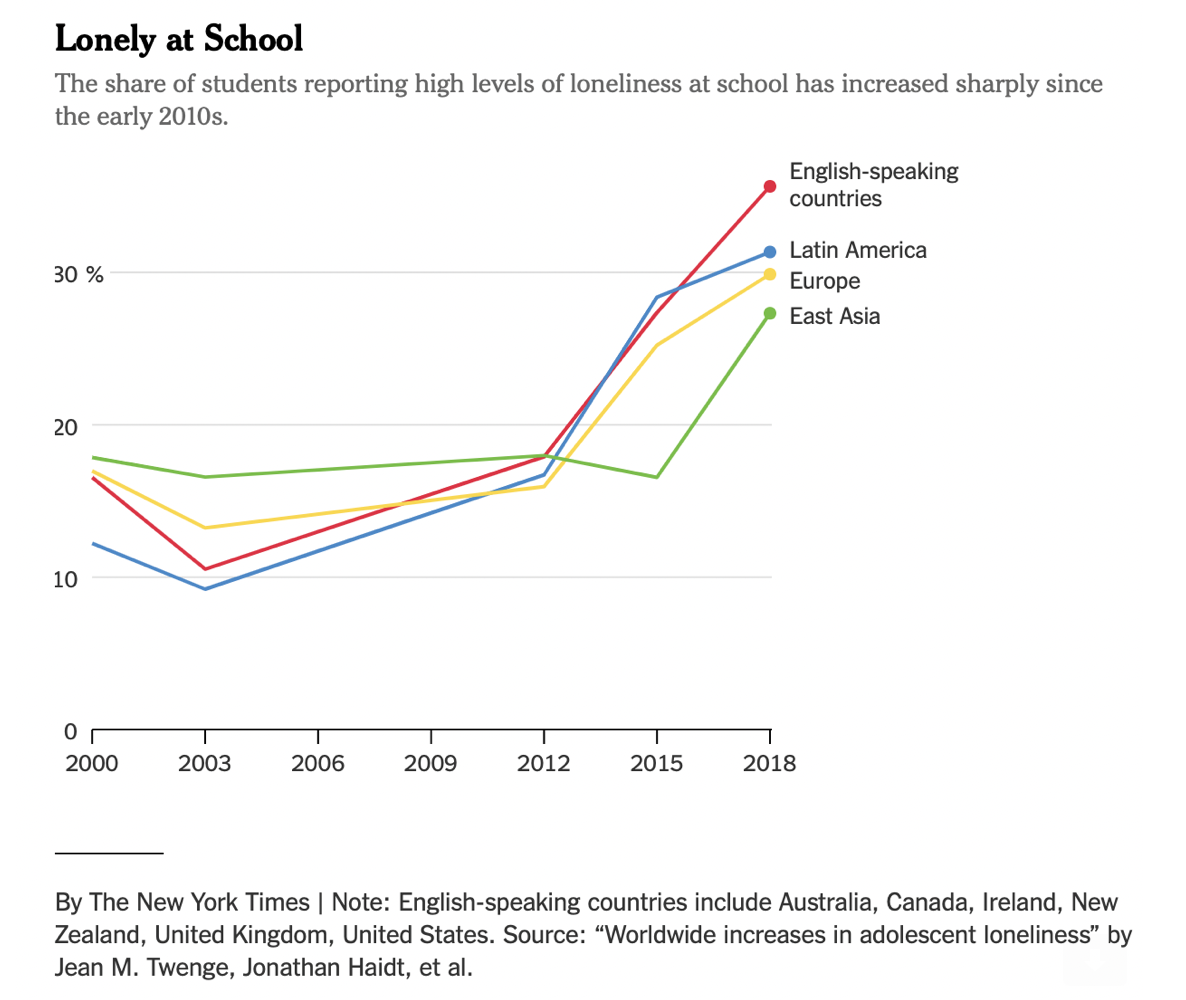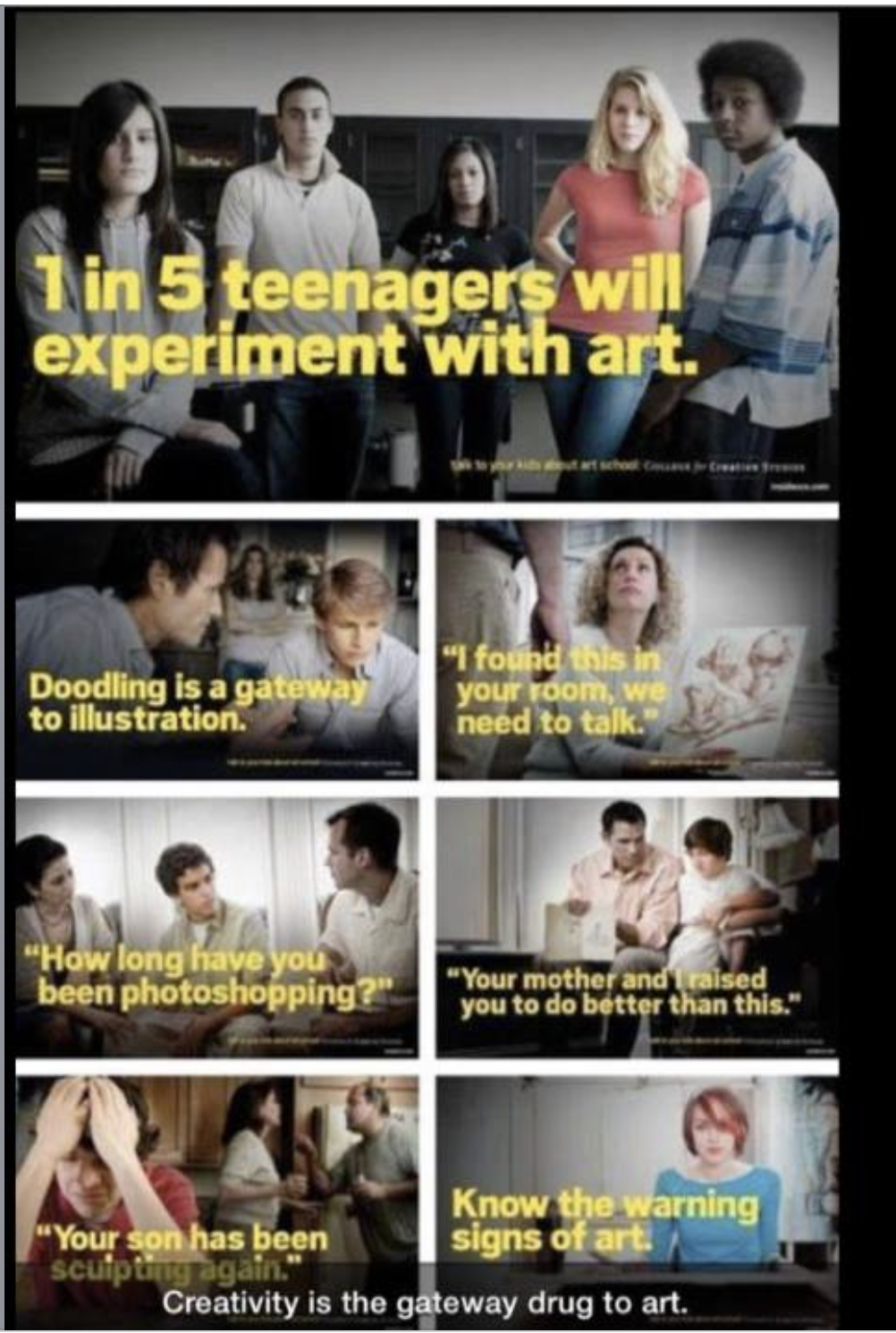About Doing the Next Right Thing.
"Do the Next Right Thing" is a phrase that has often focused me. Where did this phrase originate? The Marginalian explains that on December 15, 1933, Carl Jung responded to a woman who had asked his guidance on how to live. Jung wrote:
Dear Frau V.,Your questions are unanswerable because you want to know how one ought to live. One lives as one can. There is no single, definite way for the individual which is prescribed for him or would be the proper one. If that’s what you want you had best join the Catholic Church, where they tell you what’s what. Moreover this way fits in with the average way of mankind in general. But if you want to go your individual way, it is the way you make for yourself, which is never prescribed, which you do not know in advance, and which simply comes into being of itself when you put one foot in front of the other. If you always do the next thing that needs to be done, you will go most safely and sure-footedly along the path prescribed by your unconscious. Then it is naturally no help at all to speculate about how you ought to live. And then you know, too, that you cannot know it, but quietly do the next and most necessary thing. So long as you think you don’t yet know what this is, you still have too much money to spend in useless speculation. But if you do with conviction the next and most necessary thing, you are always doing something meaningful and intended by fate. With kind regards and wishes,
Yours sincerely,
C.G. Jung



